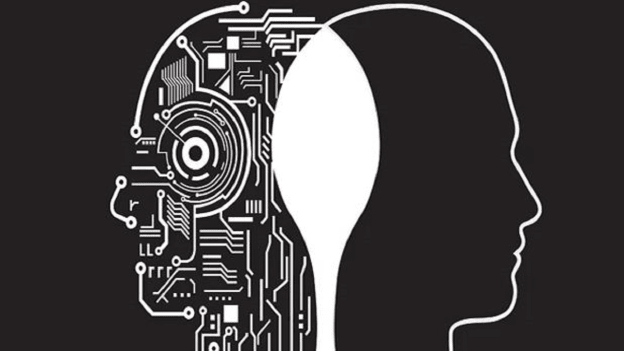64% of employees would trust a robot more than their manager: Survey

The study of 8,370 employees, managers and HR leaders across 10 countries indicates increased adoption of AI at work.
50 percent of the working professionals who participated in the survey are currently using some form of AI at work, compared to only 32 percent last year. Interestingly, workers in China (77 percent) and India (78 percent) have adopted AI twice more than those in France (32 percent) and Japan (29 percent). Further, a majority (65 percent) of workers are optimistic, excited and grateful about having robot co-workers and nearly a quarter report having a loving and gratifying relationship with AI at work.
The increased use of AI is changing the relationship between people and technology at work and is reshaping the role HR teams and managers need to play in attracting, retaining and developing talent.
"The study shows that the equation between people and technology is being re-written and the organizations need to work closely with their HR teams to meet the changing expectations of people," said Shaakun Khanna, Head of HCM Applications, Asia Pacific, Oracle.
Robots vs Managers
64 percent of the respondents would rather trust a robot than their manager. In fact, a half have turned to a robot instead of their manager for advice.
If we look at the country wise trend, employees in India (89 percent) and China (88 percent) have displayed more trust in robots over their managers. Singapore is also not far behind with 83 percent employees trusting robots over their managers.
When asked what robots can do better than their managers, survey respondents said robots are better at providing unbiased information (26 percent), maintaining work schedules (34 percent), problem solving (29 percent) and managing a budget (26 percent).
However, the top three tasks that still gives Manager their edge include understanding their feelings (45 percent), coaching them (33 percent) and creating a work culture (29 percent).
Majority of workforce excited to work with AI
Considering that employees are showing more trusts in robots over their managers, it is no surprise that the majority (65 percent) of workers are optimistic, excited and grateful about having robot co-workers.
Workers in India (60 percent) and China (56 percent) are the most excited about AI, followed by the UAE (44 percent), Singapore (41 percent), Brazil (32 percent), Australia/New Zealand (26 percent), Japan (25 percent), the U.S. (22 percent), the UK (20 percent) and France (8 percent).
The excitement and positive sentiment towards AI creates an opportunity for business and HR leaders to better utilize the technology for maximum value. They need to go back and reflect on how they can delegate tasks between AI and managers and redefine relationships at work.
As Dan Schawbel, Research Director at Future Workplace said, "Managers will remain relevant in the future if they focus on being human and using their soft skills, while leaving the technical skills and routine tasks to robots."
While the HR teams tap on the opportunities AI presents, they need to be also mindful of the risks and see how they can further similify its adoption.
Simplifying and securing AI at work
76 percent of workers (and 81 percent of HR leaders) find it challenging to keep up with the pace of technological changes in the workplace.
Employees are looking for a simplified experience with AI at work, they are demanding a better user interface (34 percent), best practice training (30 percent) and an experience that is personalized to their behavior (30 percent).
With security (31 percent) and privacy (30 percent) as some of the main concerns preventing workers from using AI at work, the need to simplify AI and minimizing the risk becomes critical.
"This study shows, the relationship between humans and machines is being redefined at work, and there is no one-size-fits-all approach to successfully managing this change," said Emily He, SVP, Human Capital Management Cloud Business Group, Oracle.
HR leaders have to therefore lead the new way of working and personalize the approach to implementing AI at work. To meet the changing expectations of employees around the world they have to tap onto the benefits of AI, drive more vaule from technology, while they also acknoweldge the risks of using AI and work on simplifying AI adoption and secure the employees and the organizations. Meanwhile, as the workforce looks to get freed of many of their routine tasks, they also have to focus on building other skills which AI can yet not replace. HR teams' one of the top priorities would hence be helping identify these areas of expertize and enabling the worforce to develop these skills. Business and HR leaders have to see how they can capitalize on the power of AI and empower the employees to focus on solving critical business problems for the enterprise.

















